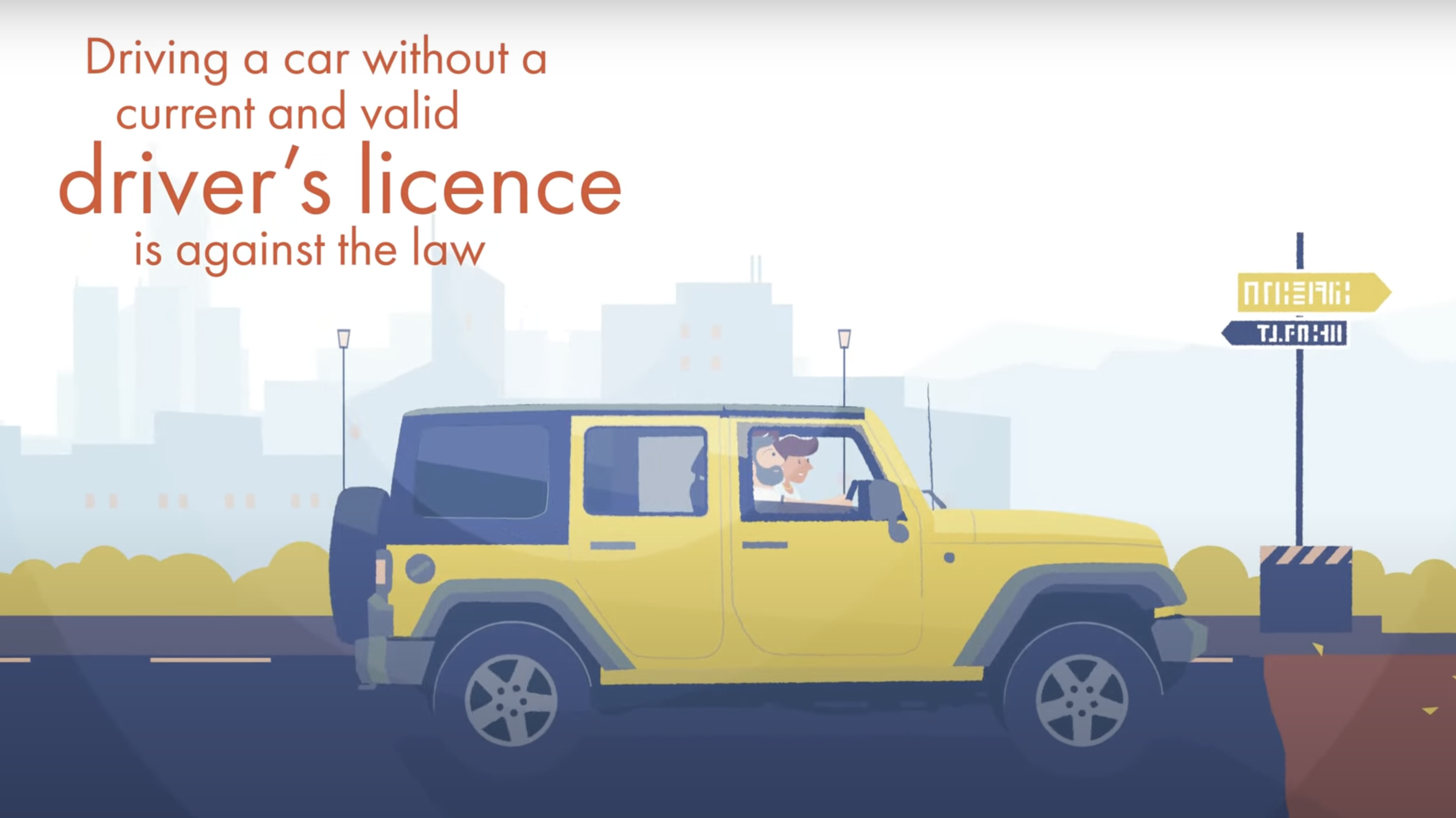Canada
PART 1 - DRIVING WITH A DISABILITY
Regulations for people with disabilities to obtain driving licences
driving laws and regulations are developed and enforced at the provincial level
Vehicle type and adaptation to controls
driving laws and regulations are developed and enforced at the provincial level
Application to foreign driving licence holders
There are allowances to recognize visitors from other countries. For example, Canada has a Mutual Recognition of Parking Badges Agreement for Persons with Disabilities, specific to each province.
Responsible Agencies
Name of Department/Ministry: Provincially regulated
website (s): https://www.canada.ca/en/immigration-refugees-citizenship/services/new-immigrants/new-life-canada/driving.html
PART 2 - PARKING CARDS
Eligibility for disability parking cards
Wheelchair users,
People with walking difficulty,
People with vision impairment,
People with mental health issues, learning disabilities or other hidden disabilities
Reserved parking space availability
On street,
In municipal car parks,
Designated spaces in commercial areas (e.g. shopping centers).
Parking concessions for people with disabilities
Free parking on-street,
Free parking in municipal car parks
Application to foreign driving licence holders
the same concessions available to visitors with a disability
a list of recognized countries can be found at: https://tc.canada.ca/en/corporate-services/policies/mutual-recognition-parking-badges-agreement-persons-disabilities
Disability parking spaces
A designated accessible parking space shall: a) be atleast 2600 mm wide; b) for parking spaces perpendicular to the roadway, have an adjacent side access aisle at least 2000 mm wide; and c) for parking spaces parallel to the roadway i) have an adjacenet rear access aisle at least 2000 mm long; and ii) a 2000 by 5500 mm unobstrcutued side embarking area on the pedestrian right-of-way, with the exception that the designated accessible parking sign may be placed within this space. See CSA/ASC B651:23 Accessible design for the built environment (specifically 9.4 Designated accessible parking)
Responsible Agencies
Name of Department/Ministry: Provincial
Please include a link to any websites which give details of the official national policy on parking concessions for people with a disability. Further information can be found at: https://tc.canada.ca/en/corporate-services/policies/mutual-recognition-parking-badges-agreement-persons-disabilities
PART 3 - HIRING A CAR IF YOU HAVE A DISABILITY
Regulations for hiring a car if you have a disability
driving laws and regulations are developed and enforced at the provincial level
Where to hire a vehicle
At major airports
Responsible Agencies
Provincial


